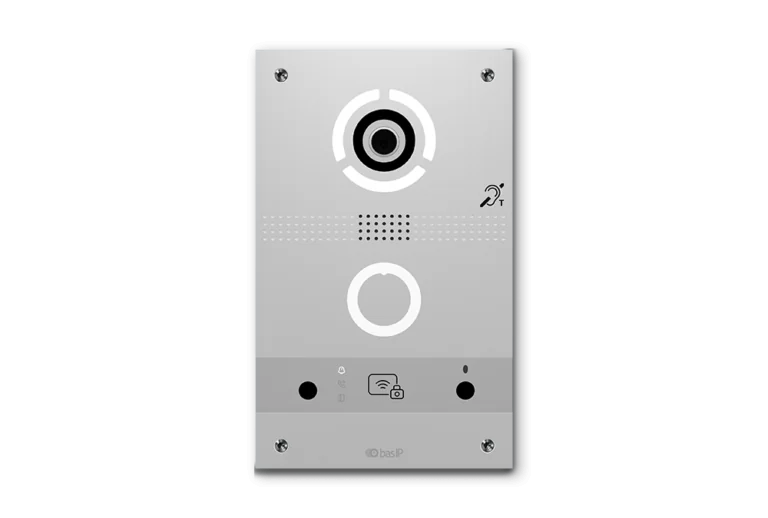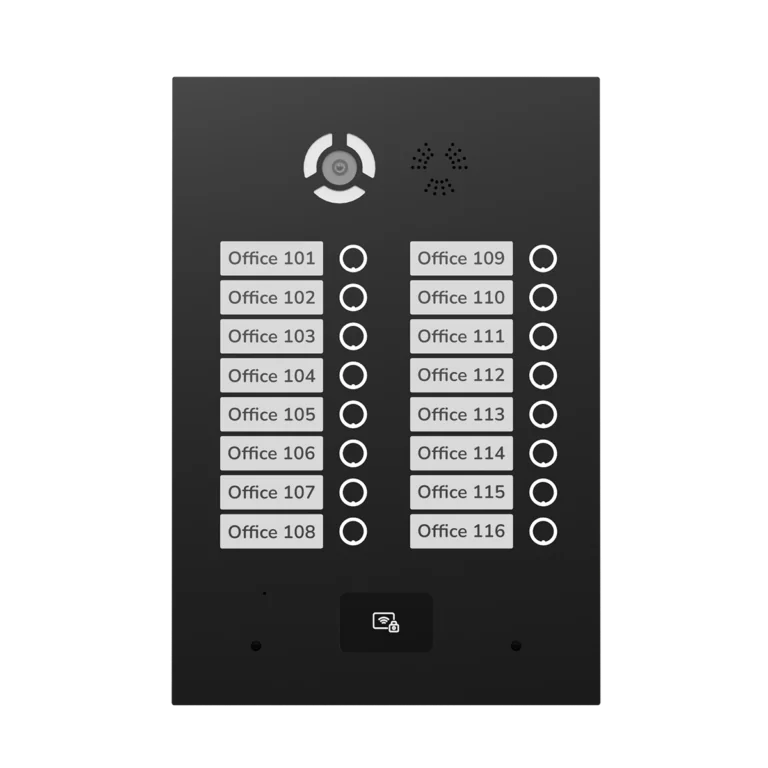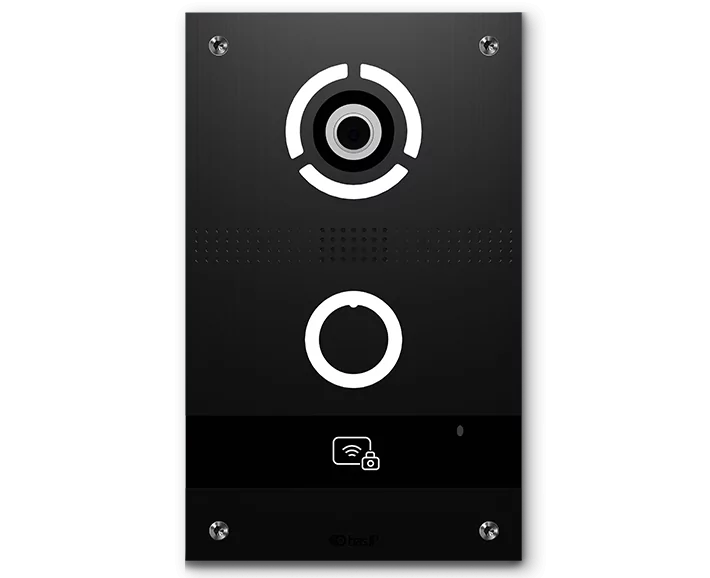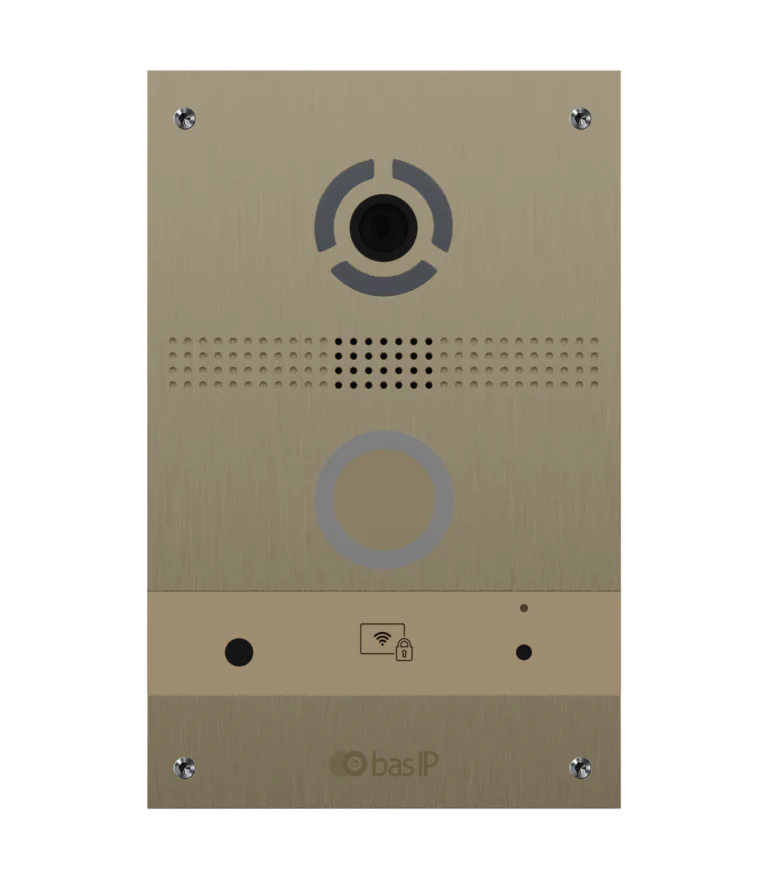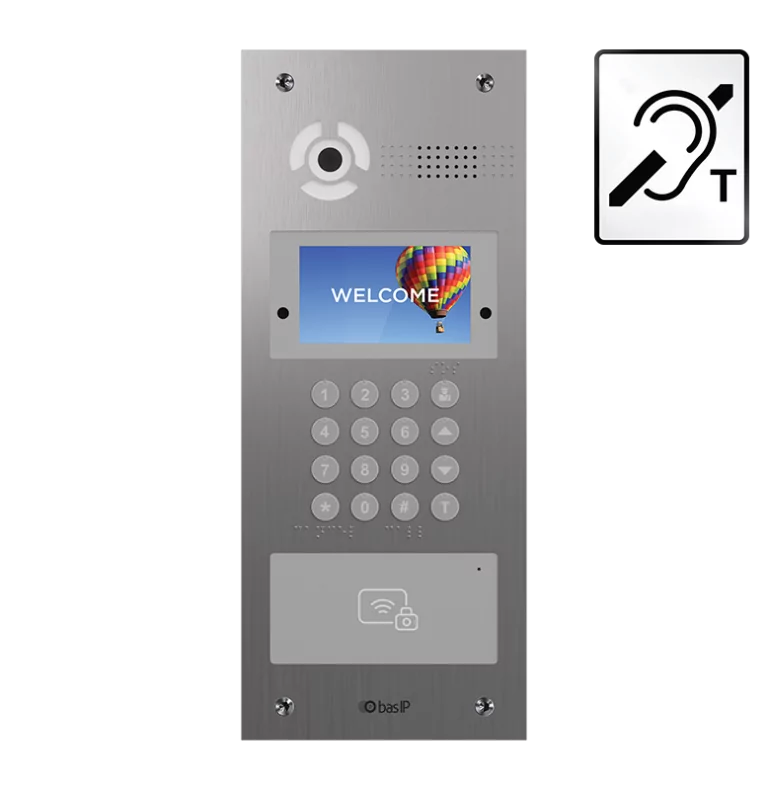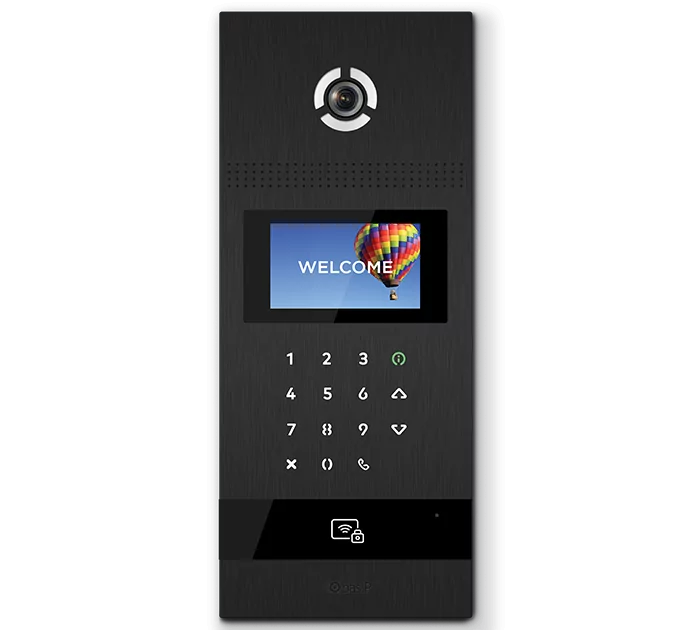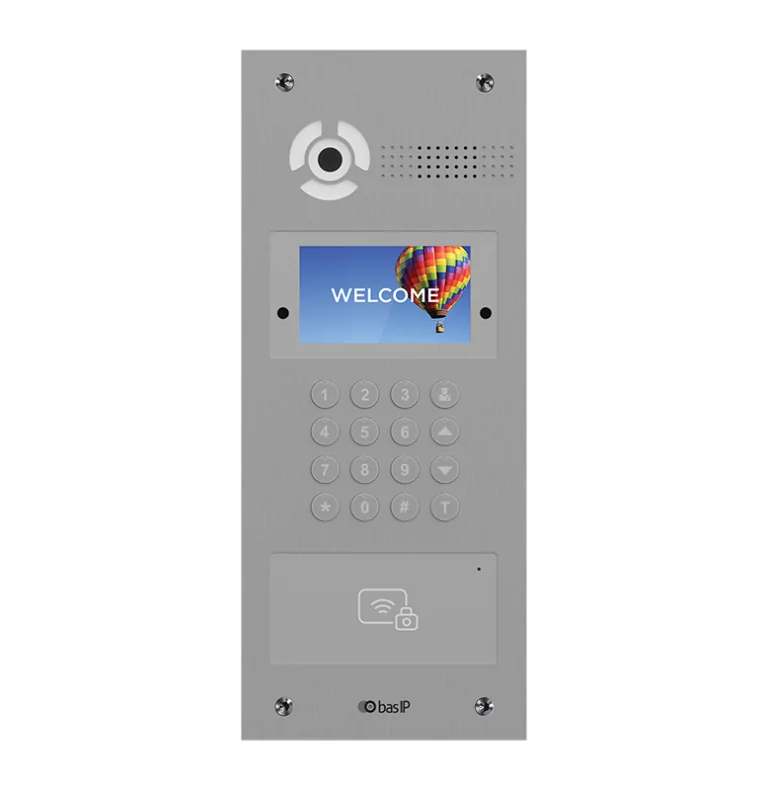Smart Home Realty: Revolutionizing the Real Estate Landscape
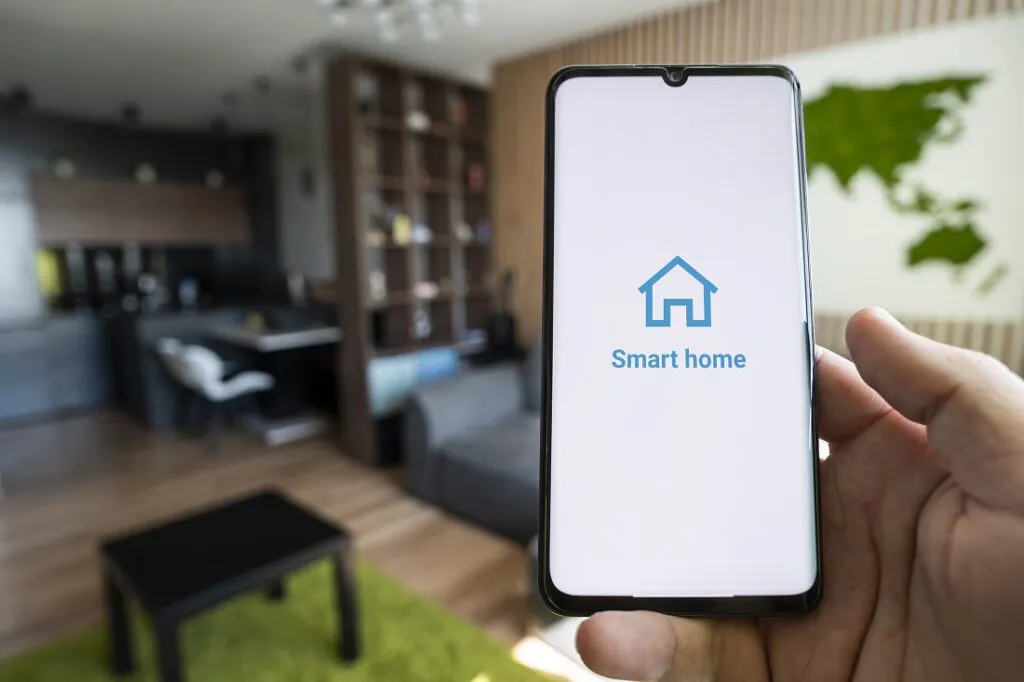
Smart home realty, a trend that’s rapidly gaining traction, is revolutionizing the real estate industry. This article delves into the world of smart home realty, exploring its impact, benefits, challenges, and future trends. It also touches on the role of real estate investing in this evolving landscape.
Understanding Smart Home Realty
Smart home realty refers to properties equipped with advanced automation systems that control lighting, temperature, security, and other home functions. These homes, once a concept of science fiction, are now a reality, offering homeowners unprecedented convenience and control. Systems like the KNX and smart intercoms are becoming increasingly common.
Table 1: Evolution of Smart Homes
| Decade | Key Developments |
|---|---|
| 1980s | Introduction of home automation |
| 1990s | Emergence of internet-connected devices |
| 2000s | Rise of smart home devices |
| 2010s | Integration of smart home systems |
| 2020s | Expansion of smart home realty |
Impact of Smart Home Technology on Real Estate

Smart home technology is significantly transforming the real estate landscape in several ways. Here are some key areas of impact:
1. Enhanced Property Value
One of the most significant impacts of smart home technology is the potential increase in property value. Homes equipped with smart features often command higher prices compared to those without. Features like smart thermostats, security systems, and automated lighting are seen as value-additions that enhance the appeal of the property. As a result, homeowners who invest in smart technology can often expect a higher return on investment when they decide to sell.
2. Increased Market Demand
There’s a growing demand for smart homes among today’s tech-savvy homebuyers, especially millennials. This demographic is more likely to pay extra for homes equipped with smart devices. As a result, properties with smart home technology are often more attractive to potential buyers, leading to quicker sales.
3. Energy Efficiency and Sustainability
Smart home technology often leads to greater energy efficiency, which is increasingly important to today’s environmentally conscious consumers. Features like smart thermostats and energy-efficient lighting can significantly reduce a home’s energy consumption, leading to lower utility bills. This focus on sustainability can make a property more appealing to prospective buyers, positively impacting its market value.
4. Improved Security
Smart security features like alarm systems, IP intercoms, CCTV cameras, and smart locks can provide homeowners with increased security and peace of mind. These features can be particularly appealing to buyers, making properties equipped with them more desirable. This could include more robust encryption, improved data privacy measures, and more sophisticated detection of potential security threats in both smart homes and smart buildings.
5. The Role of Real Estate Agents
The rise of smart home technology has also impacted the role of real estate agents. Agents now need to be knowledgeable about smart home features and their benefits to effectively market these properties. They also need to educate potential buyers about the value and use of these features.
Smart home technology is reshaping the real estate industry by enhancing property value, meeting market demand, promoting energy efficiency, and improving home security. As this technology continues to evolve, its impact on real estate is expected to grow even further.
| Impact Area | Description | Example of Smart Home Feature |
|---|---|---|
| Enhanced Property Value | Homes with smart features often command higher prices. | Smart thermostats, automated lighting |
| Increased Market Demand | Tech-savvy homebuyers, especially millennials, are more likely to pay extra for homes equipped with smart devices. | Smart home security systems |
| Energy Efficiency and Sustainability | Smart home technology can significantly reduce a home’s energy consumption. | Energy-efficient lighting, smart thermostats |
| Improved Security | Smart security features provide homeowners with increased security and peace of mind. | Doorbell cameras, smart locks |
| Role of Real Estate Agents | Agents need to be knowledgeable about smart home features to effectively market these properties. | N/A |
Benefits of Smart Home Features
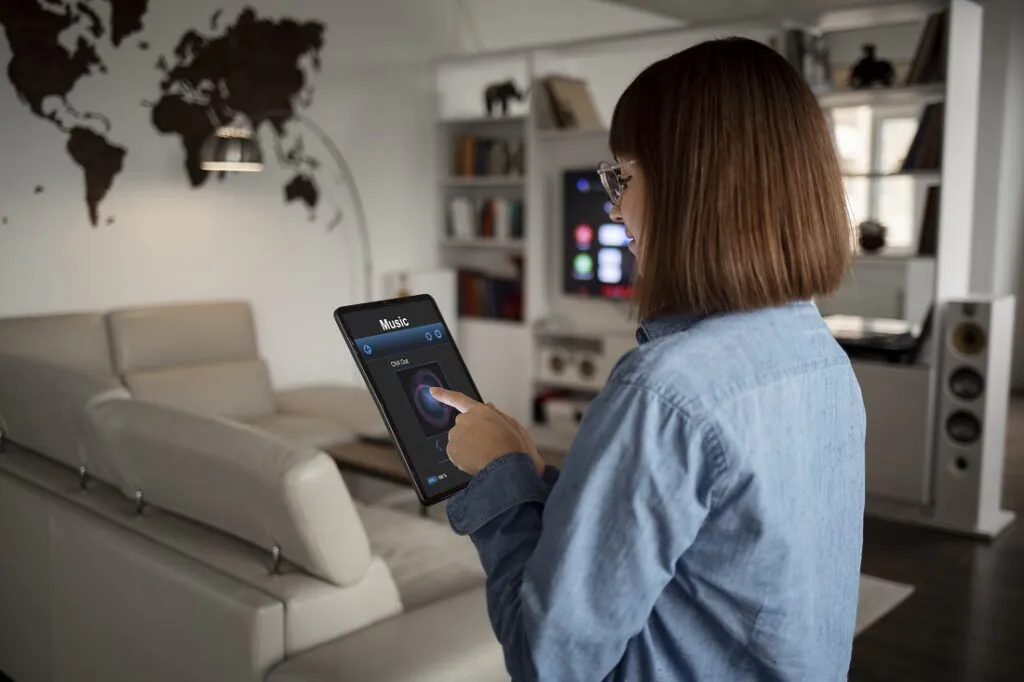
Smart home features offer numerous benefits, from energy efficiency to increased security. They also enhance lifestyle, offering homeowners the ability to control their homes with a simple tap on their smartphones.
1. Energy Efficiency
Smart home technology can significantly improve a home’s energy efficiency. For example, smart thermostats can learn your schedule and temperature preferences to adjust the heating and cooling of your home optimally, reducing energy waste. Similarly, smart lights can be programmed to turn off when no one is in the room, saving electricity.
2. Increased Security
Smart home features can enhance the security of your home. Smart security systems can include features like motion sensors, security cameras, smart locks, and alarm systems that can be monitored and controlled remotely. This allows homeowners to keep an eye on their property at all times, providing peace of mind.
3. Convenience
One of the main benefits of smart home technology is the convenience it offers. With smart devices, you can control various aspects of your home from your smartphone, whether you’re in bed or away from home. You can adjust the lighting, control the temperature, lock the doors, and even monitor your home security, all from your phone.
4. Cost Savings
While the upfront cost of smart home technology can be high, the potential savings over time can make it a worthwhile investment. Energy-efficient devices can reduce utility bills, and smart security systems could potentially lower home insurance premiums.
5. Accessibility
For those with mobility issues or disabilities, smart home technology can make it easier to control various aspects of the home. Voice control technology, for example, allows users to control lights, thermostats, and other devices without needing to physically reach for a switch or dial.
Challenges in Smart Home Real Estate

While smart home technology offers numerous benefits, it also presents certain challenges. Here are some key considerations:
1. Privacy and Security Concerns
One of the major concerns with smart home technology is privacy and security. Many smart devices collect data about your habits and routines, and if this data is not properly secured, it could be vulnerable to hackers. Additionally, devices like smart cameras and microphones could potentially be hacked to spy on homeowners.
2. Cost of Installation and Maintenance
The initial cost of installing smart home technology can be high, especially for comprehensive systems. Additionally, these systems may require regular maintenance and updates to remain effective and secure, which can also add to the cost.
3. Technological Obsolescence
Technology evolves rapidly, and today’s cutting-edge devices may be outdated in a few years. This can make it challenging for homeowners to keep their smart home technology up to date. Additionally, some devices may not be compatible with newer systems, requiring additional investment in upgrades.
4. Complexity and Usability
While smart home technology is designed to be user-friendly, it can still be complex, especially for those who are not tech-savvy. Learning how to use and troubleshoot these systems can be a challenge for some homeowners.
5. Dependence on Internet Connectivity
Most smart home devices rely on internet connectivity to function. This means that if your internet connection is unreliable or goes down, you may lose access to these features. Additionally, this dependence on connectivity can increase vulnerability to cyber attacks.
Navigating the Smart Home Realty Market

The smart home realty market can be a complex landscape to navigate, with a wide range of technologies and features to consider. Here are some key points for both buyers and sellers:
1. Understanding Smart Home Features
For both buyers and sellers, the first step is to understand what smart home features are and how they work. This includes familiarizing yourself with different systems like the KNX Smart Home System or Smart Home Intercom System, and understanding the benefits and challenges of these technologies.
2. Assessing Value
Smart home features can add significant value to a property, but it’s important to assess this value accurately. Buyers should consider how much they’re willing to pay for these features, while sellers should ensure they price their property appropriately to reflect the added value of smart home technology.
3. Considering Future Trends
The smart home market is rapidly evolving, with new technologies and features emerging regularly. Buyers should consider how easy it will be to upgrade or add new features in the future, while sellers should stay informed about the latest trends to ensure their property remains competitive.
4. Working with a Knowledgeable Real Estate Agent
A real estate agent who is knowledgeable about smart home technology can be a valuable asset. They can help buyers or real estate developers identify properties that meet their technology preferences. A knowledgeable real estate agent can accurately assess this added value and incorporate it into the property’s listing price.
5. Privacy and Security
Privacy and security are important considerations in the smart home realty market. Buyers should ensure that any smart home devices in the property are secure and that they understand how to manage data privacy. Sellers should be prepared to answer questions about the security of their smart home features.
The Rising Prevalence of Smart Automation in Real Estate

Here are some useful statistics about the use of smart automation in homes and buildings:
- The total installed base of Internet of Things (IoT) connected devices worldwide is projected to amount to 30.9 billion units by 2025, a significant increase from the 13.8 billion units expected in 2021 (source).
- Non-IoT connections, which include devices like smartphones, laptops, and computers, are expected to amount to just over 10 billion units by 2025. This is three times fewer than IoT device connections, indicating a significant shift towards smart automation in homes and buildings.
- The development of faster and more reliable networks, especially with the extensive rollout of 5G, is accelerating the pace of IoT deployment. This is leading to an increase in the number of connected vehicles and smart home devices.
- Revenue from the global IoT market is set to grow considerably in the coming years, reflecting the increasing adoption of smart automation in homes and buildings.
These statistics highlight the growing prevalence of smart automation in homes and buildings and the significant role it’s expected to play in the future.
Future Trends in Smart Home Realty
As technology continues to evolve, so too does the landscape of smart home realty. Here are some key trends to watch out for:
1. Increased Integration
One of the major trends in smart home technology is increased integration. This means that various smart devices and systems within a home will be able to communicate and work together more seamlessly. For example, your smart thermostat could communicate with your smart blinds to optimize temperature control, or your smart security system could turn on lights when it detects motion.
2. Voice Control and AI
Voice control is already a significant feature in many smart homes, and this is expected to become even more prevalent. As artificial intelligence (AI) continues to improve, we can expect voice control to become more sophisticated, allowing for more natural and complex interactions.
3. Enhanced Security Features
As concerns about privacy and security grow, we can expect to see advancements in the security features of smart home devices. This could include more robust encryption, improved data privacy measures, and more sophisticated detection of potential security threats.
4. Energy Efficiency and Sustainability
As sustainability becomes increasingly important, smart home technology will continue to evolve to support more energy-efficient homes. This could include more advanced energy monitoring and control systems, as well as integration with renewable energy sources like solar power.
5. Health and Wellness Features
Another emerging trend is the integration of health and wellness features into smart homes. This could include air quality monitors, sleep trackers, and even smart devices that can monitor your health and alert you or your healthcare provider to potential issues.
FAQs
Conclusion
Smart home realty is transforming the real estate industry, offering numerous benefits while also presenting certain challenges. As technology advances, the impact of smart home realty will only grow, making it a trend worth watching.
